Definition Of Freedom By Thomas Hobbes
From the new definition of natural law as a right or liberty to preserve ones self Hobbes deduces nineteen commands such as seek peace. His conception of freedom is in his words a technical and philosophical one and not a popular and empirical one.

Lessons From Western Philosophers Thomas Hobbes Jeremy Bentham And William Of Ockham Social Contract Social Contract Theory Philosophy Theories
The difference between the two types of negative freedom is that in the case of voluntary motions the line of causality runs through the human thought process whereas with involuntary motion it.
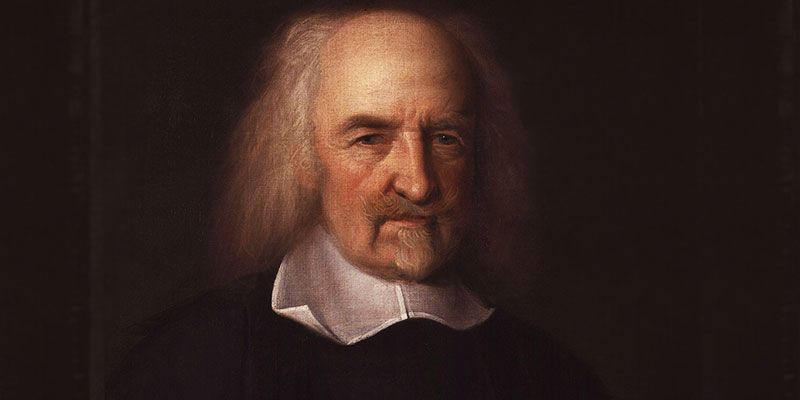
Definition of freedom by thomas hobbes. If you wanted tea and you were denied by someone then you are unfree. Hobbes conceptualizes freedom in the following way. On first reading Hobbes seems to provide a succinct and coherent concept of freedom and human freedom.
This means that people in society will always have numerous competing alternatives before them and should be free to choose whatever they think fits their appetite 2. From Hobbes definition of freedom he provides that people should have the right to choose from the available alternatives as they deem fit. An underwhelming definition that seems a bit against the spirit of freedom by todays standards.
If you wanted tea and you got it you are free. Lay down the right to all things and transfer power to a sovereign. Equally he persuaded them that the exercise of a power of interference always reduces freedom in the same way whether it occurs in a republican democracy purportedly on a.
Promote the attitudes conducive to civil peace such as gratitude forgiveness avoidance of pride treating people equally and acceptance of arbitration and impartial judges. LIBERTY or FREEDOM signifies properly the absence of opposition by opposition I mean external impediments of motion and may be applied no less to irrational and inanimate creatures than to rational. Thomas Hobbes he is known for his brilliant work Leviathan where the state like sea monster sucked all the rights and freedom of the people where people have become part of the state mechanism.
Mill goes far beyond these two thinkers to include the freedom from the tyranny of the majority and specifically the oppression of tradition and culture. You will choose between coffee and tea. Thomas Hobbes born April 5 1588 Westport Wiltshire Englanddied December 4 1679 Hardwick Hall Derbyshire English philosopher scientist and historian best known for his political philosophy especially as articulated in his masterpiece Leviathan 1651.
Hobbes holds to freedom as the right to the simple preservation of ones life while Locke extends this idea to include the protection of liberty and property as well. 1 THOMAS HOBBES AND THE ETHICS OF FREEDOM THOMAS PINK Kings College London 1 ABSTRACT Freedom in the sense of free will is a multiway power to do any one of a number of things leaving it up to us which one of a range of options by way of action we perform. According to Hobbes the main part of life is in a natural state to.
Hobbes viewed government primarily as a device for ensuring collective security. Freedom not its unexercised existence not even its existence in an arbitrary unchecked form. Freedom permeates every aspect of the human condition because for Sartre existence is freedom.
However Hobbes differs on his thoughts on liberty in the state of nature and liberty when living under the sovereign. Hobbes now says that man is free when he is not hindered to do what he has the WILL to do 1968 262. Every individual has a choice and it is this choice that characterises each individuals being.
It is rooted in questions of existence and being due to its existentialist foundation. Political authority is justified by a hypothetical social contract. Obey the social contract.
He tells the reader that individuals are free to the extent they are unhindered by external impediments. Freedom according to Hobbes signifies the absence of opposition or external impediments to motion. Such freedom applies not only to rational agents but also to irrational and inanimate creatures.
In Leviathan 1651 Thomas Hobbes set the stage for a good deal of later thinking about the nature of freedom.
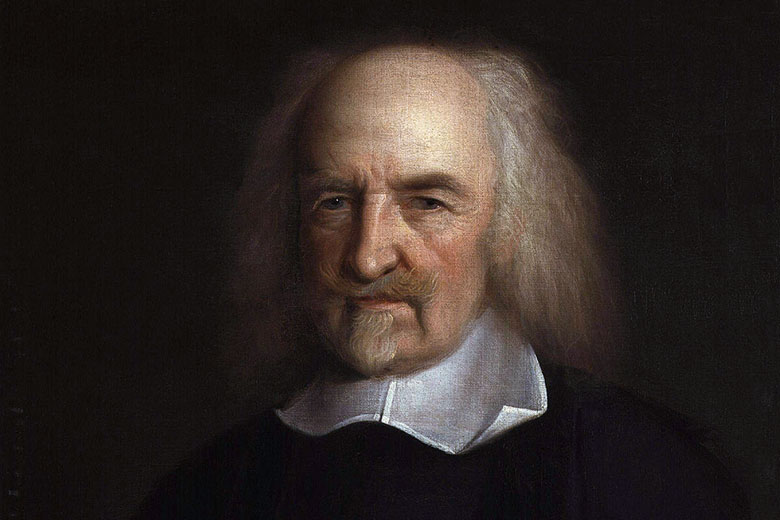
Hobbes Vs Locke State Of Nature Philosophers

About Thomas Hobbes Dialectic Spiritualism
Squashed Philosophers Hobbes Leviathan
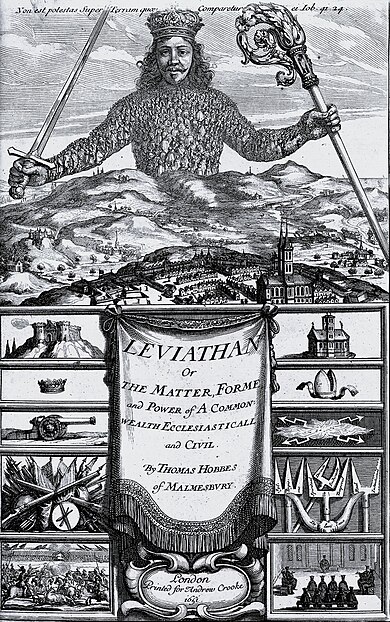
Historical Context For Leviathan The Core Curriculum

Hobbes S Strategy Of Convergence In Hobbes Studies Volume 33 Issue 2 2020

Thomas Hobbes Morality Without God Defender S Voice

Can Liberty Be Saved From Liberalism Abc Religion Ethics

Hobbes Thomas Moral And Political Philosophy Internet Encyclopedia Of Philosophy

The Political Philosophies Of Thomas Hobbes And John Locke University Of Tennessee At Chattanooga

State Of Nature Definition Hobbes Locke Rousseau Social Contract Britannica

Thomas Hobbes 1588 1679 Countercurrents

Thomas Hobbes Moral And Political Philosophy Scholars

Thomas Hobbes Absolutism Politics Famous Works Video Lesson Transcript Study Com

Thomas Hobbes On Social Constructs The Invisibility Of Religion And The Need For Central Governance

Thomas Hobbes Quote Government Is Necessary Not Because Man Is Naturally Bad But Because Man Is Quotes Thomas Quotations
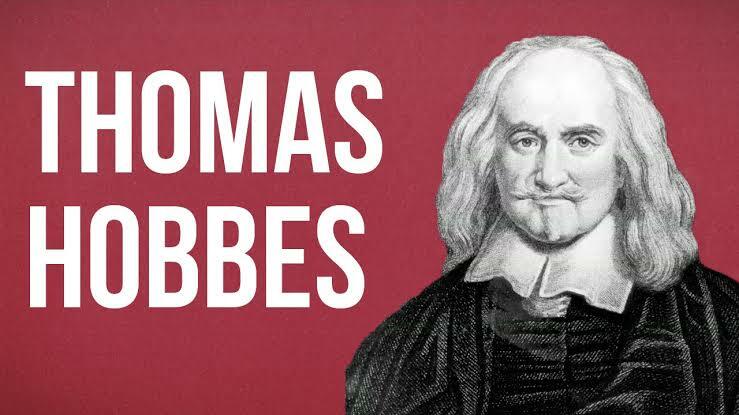
Thomas Hobbes Moral And Political Philosophy
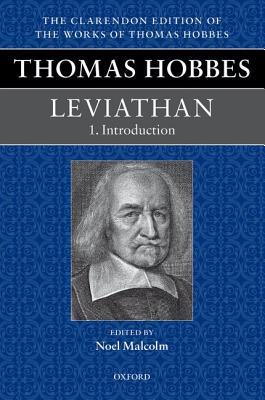
Thomas Hobbes Leviathan Editorial Introduction By Noel Malcolm
Thomas Hobbes The Social Compact And The Founding Fathers

The Leviathan Of Thomas Hobbes Part Iii On Freedom Discourses On Minerva
Post a Comment for "Definition Of Freedom By Thomas Hobbes"